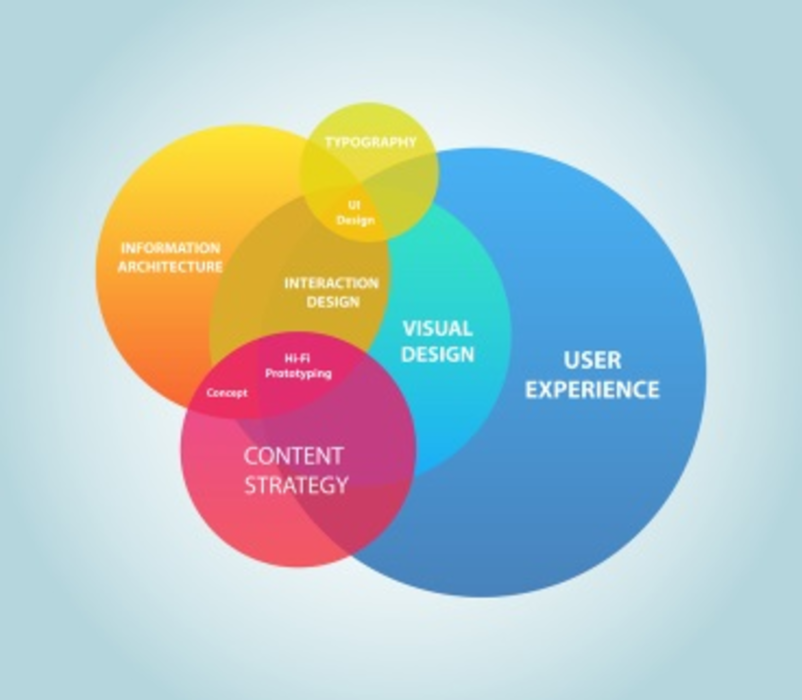We set out to do something relatively simple: Identify the skills gaps in the UX profession. UX designers were in high demand, but in short supply, so we wanted to find out what skills Web designers who possessed basic UX knowledge would need in order to do the work our clients were looking for.
What we found was that the skills gaps in the UX world were more or less the same skills gaps you would find in the creative services department or on the marketing team.
That is, while everyone is scrambling to catch up with the latest technological disruption to take advantage of the unprecedented avalanche of data that should/could inform and perfect their efforts, what is needed is not a new form of technical mastery but rather the same things that have always mattered: the ability to communicate, strong problem-solving skills, and an unwavering empathy with the customer.
At the same time we discovered something else—that the attributes people were looking for in the “perfect” UX candidate actually could be applied to candidates across the marketing communications spectrum. As one participant in a focus group we ran on this subject put it:
It’s definitely a hybrid animal we’re looking for, and hard to find someone with all the components in the right proportions. He needs to be one part designer, one part technical developer, one part content strategist, one part business partner, and one part consumer advocate.
As you can see, there is no mention here of information architecture, process mapping, or usability testing. In fact, you wouldn’t immediately assume that this “hybrid animal” had anything to do with UX at all. Moreover, if you told the leader of your creative or marcom team that you had a friend with all of these diverse parts, they either wouldn’t believe you or would be begging for his or her phone number.
Does this mean that UX isn’t really a discipline unto itself, or that specific technical knowledge doesn’t matter?
Not at all. In fact, when it came to Web design and UX, it was pretty clear from our research that the more technically capable people were—designers who could also code; UX people who could create working prototypes of their wireframes—the more valuable they were.
What it does mean, however, is that what were once, perhaps naively, considered to be separate disciplines—Web design, user experience design, copywriting, content strategy, customer insight, market analysis, etc.—are increasingly converging. Customer experience can’t be separated from user experience; offline experience can’t be separated from online experience; business can’t be separated from design.
From the perspective of the UX professionals we interviewed, the situation looks like this:
UI/UX will extend across websites, apps, mobile, kiosks, email, and product control interfaces…the skills [of UI/UX practitioners] need to address all those platforms and touchpoints. [They’ll] especially need skills to help all involved understand the backend interactions as well as the ‘day in the life’ of the consumer user.
In other words, the UXers see this development as the reflection of the universality of their discipline. UX isn’t just something you do to increase the performance of your website or the adoption of your app; it’s critical to the optimization of your business.
Likewise, they see the “end” of Web design and the emergence of a more “holistic” multichannel design “in which we’re looked to for the entire experience, not just the glass experience.”
Fifteen years ago I remember hearing people say, “We’re no longer graphic designers, we’re experience designers.” While that may have been aspirational at the time, it has now become an undeniable reality.
However, this does not mean that marketers need to become designers or UX people need to become business people. What it means instead is that, whatever the chosen discipline or preferred technical tools, everyone involved in marketing to your customers has to share a common vision for what matters—serving the needs of those customers and solving their problems.
Matthew T. Grant is director of content strategy for Aquent. You can follow him on Twitter @MattTGrant.








